14 Anti-Inflammatory Superfoods to Add to Your Shopping List
In today’s fast-paced world, chronic inflammation has emerged as a silent health epidemic, contributing to a myriad of ailments, from minor aches to severe diseases like arthritis, heart disease, and even cancer. The good news is that you can combat inflammation through dietary choices, specifically by incorporating anti-inflammatory superfoods into your meals. These nutrient-rich foods not only help reduce inflammation but also boost your overall health and well-being. This article will guide you through 14 powerful anti-inflammatory superfoods, each ready to transform your shopping list and, ultimately, your health. We will explore their unique properties, how they work synergistically to fight inflammation, and provide practical tips on incorporating them into your daily routine. By the end, you’ll have a comprehensive understanding of how these foods can be your allies in achieving a healthier, more vibrant life.
Understanding Inflammation: Friend or Foe?

Inflammation is a natural process used by the body to heal and protect itself from harm. When you cut your finger or catch a cold, your immune system triggers an inflammatory response to fight off pathogens and begin the healing process. This type of acute inflammation is beneficial and necessary. However, when inflammation becomes chronic, it can lead to various health problems. Chronic inflammation is often caused by lifestyle factors such as poor diet, stress, and lack of exercise, and it can persist for months or even years, silently damaging your tissues and organs. Understanding the difference between acute and chronic inflammation is crucial in recognizing the importance of dietary intervention. By focusing on anti-inflammatory foods, you can help your body maintain a balanced inflammatory response, reducing the risk of chronic diseases and promoting long-term health.
The Role of Diet in Inflammation

Diet plays a significant role in either exacerbating or alleviating inflammation in the body. Foods high in sugar, refined carbohydrates, and unhealthy fats can trigger inflammatory pathways, leading to increased risk of chronic diseases. On the other hand, a diet rich in fruits, vegetables, whole grains, and healthy fats has been shown to reduce inflammation and improve health outcomes. The Mediterranean diet, for example, is renowned for its anti-inflammatory properties, largely due to its emphasis on plant-based foods and healthy fats like olive oil. By understanding the impact of dietary choices on inflammation, you can make informed decisions about what to include in your shopping list. Incorporating anti-inflammatory superfoods is a proactive step towards reducing inflammation and enhancing your overall health.
Turmeric: The Golden Spice of Life
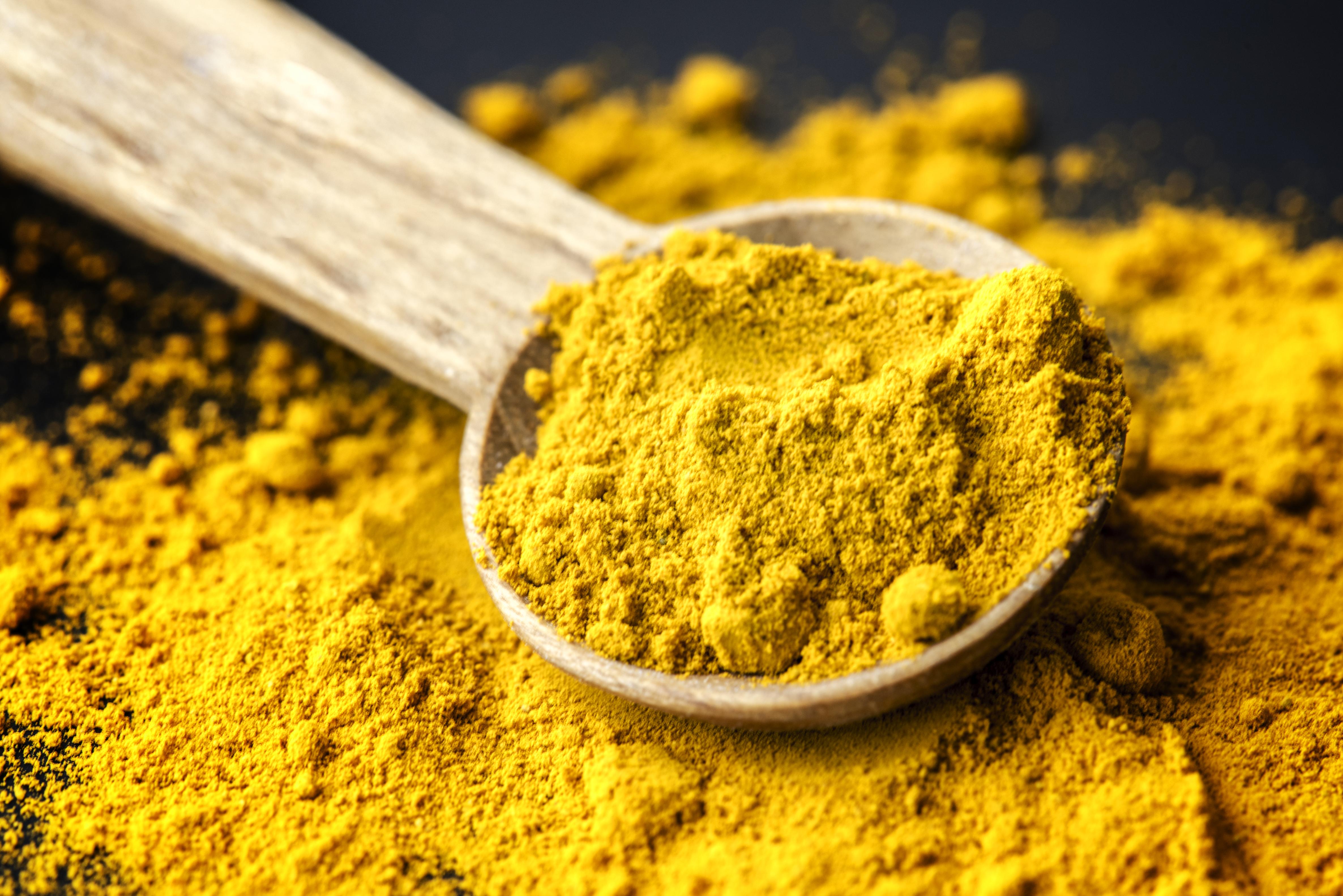
Turmeric, a vibrant yellow spice commonly used in Indian cuisine, is one of the most potent anti-inflammatory superfoods available. Its active compound, curcumin, has been extensively studied for its ability to reduce inflammation and provide relief from pain and swelling. Curcumin works by inhibiting inflammatory molecules in the body, making it a powerful ally against chronic inflammatory conditions like arthritis and inflammatory bowel disease. To maximize curcumin absorption, pair turmeric with black pepper, which contains piperine, a compound that enhances curcumin’s bioavailability. Whether added to curries, smoothies, or teas, turmeric is a versatile spice that can easily be incorporated into your diet, offering a natural way to combat inflammation and promote overall health.
Berries: Nature’s Antioxidant Powerhouses
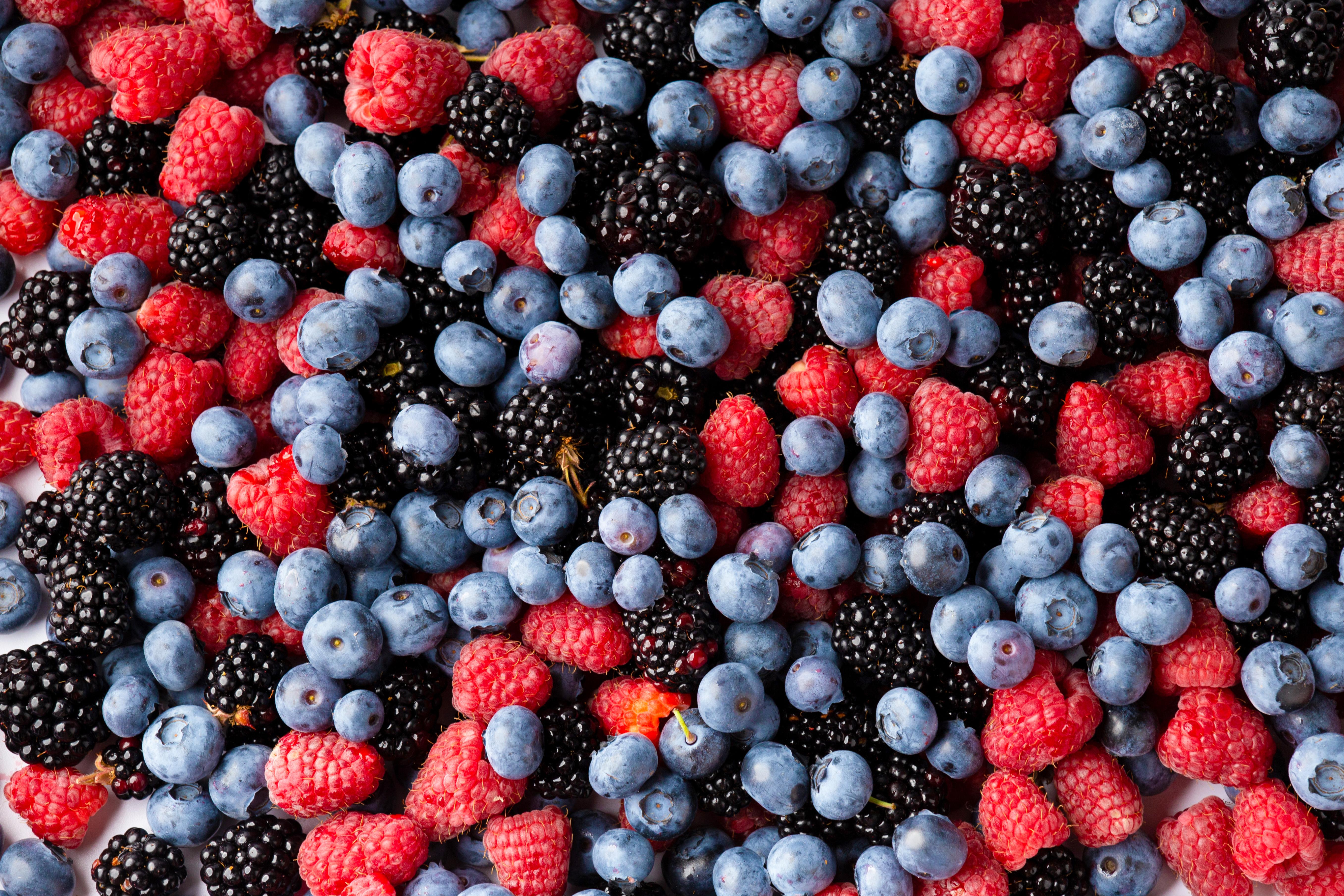
Berries, including blueberries, strawberries, raspberries, and blackberries, are rich in antioxidants and phytonutrients that help fight inflammation. These small, colorful fruits are packed with vitamins, minerals, and fiber, making them a nutritious addition to any diet. The antioxidants in berries, particularly anthocyanins, have been shown to reduce oxidative stress and inflammation, protecting against chronic diseases like heart disease and cancer. Berries are also low in calories and high in flavor, making them a delicious and guilt-free snack option. Enjoy them fresh, frozen, or dried, and consider adding them to your breakfast cereals, yogurt, or smoothies for an anti-inflammatory boost.
Fatty Fish: Omega-3 Rich Delicacies
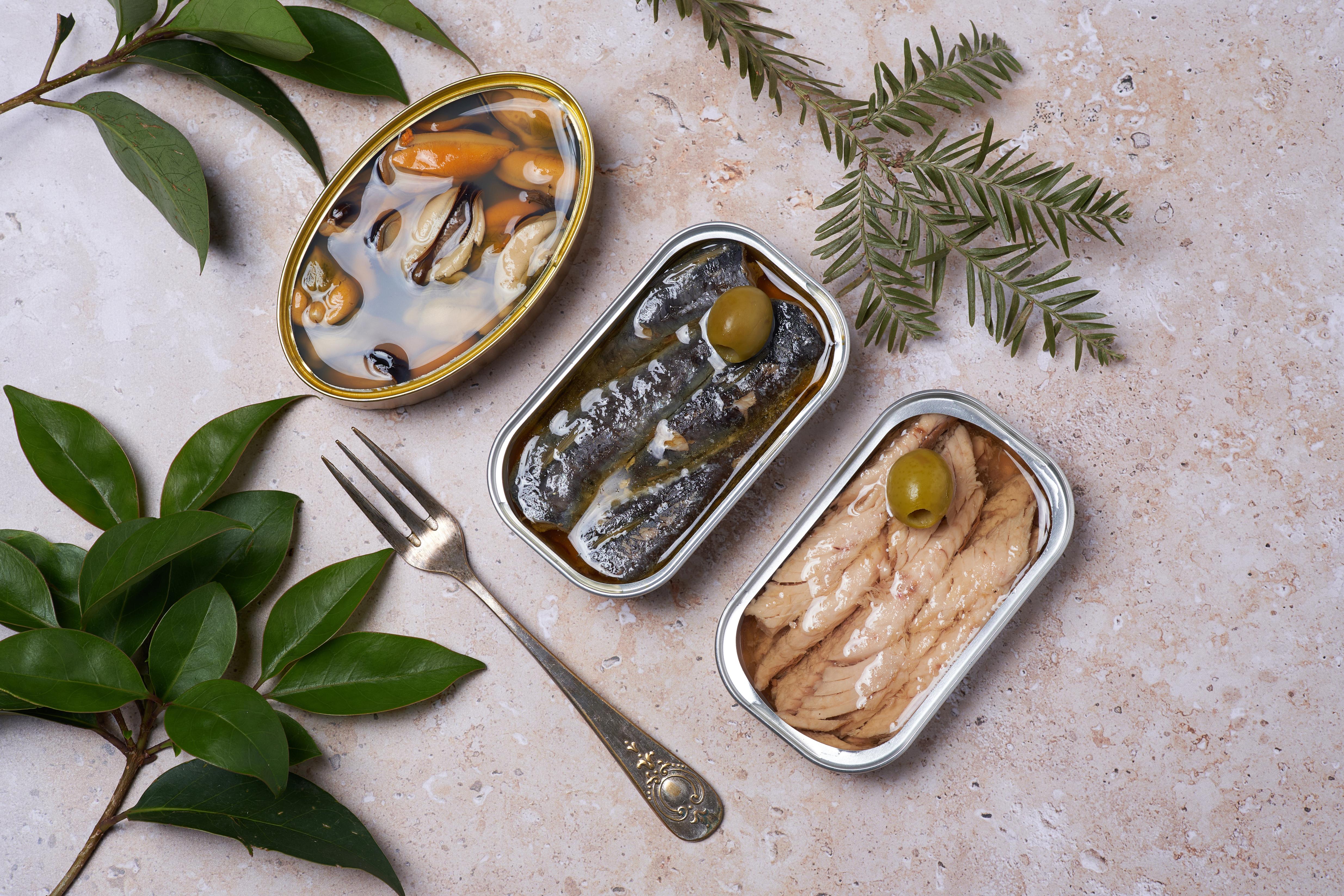
Fatty fish such as salmon, mackerel, sardines, and trout are excellent sources of omega-3 fatty acids, which are known for their potent anti-inflammatory effects. Omega-3s help reduce the production of inflammatory molecules and have been shown to alleviate symptoms of inflammatory conditions like rheumatoid arthritis. Regular consumption of fatty fish is associated with a lower risk of heart disease, improved brain health, and reduced inflammation. Aim to include fatty fish in your diet at least twice a week to reap the benefits. If you’re not a fan of fish, consider omega-3 supplements derived from fish oil or algae as an alternative.
Leafy Greens: The Nutrient-Dense Champions
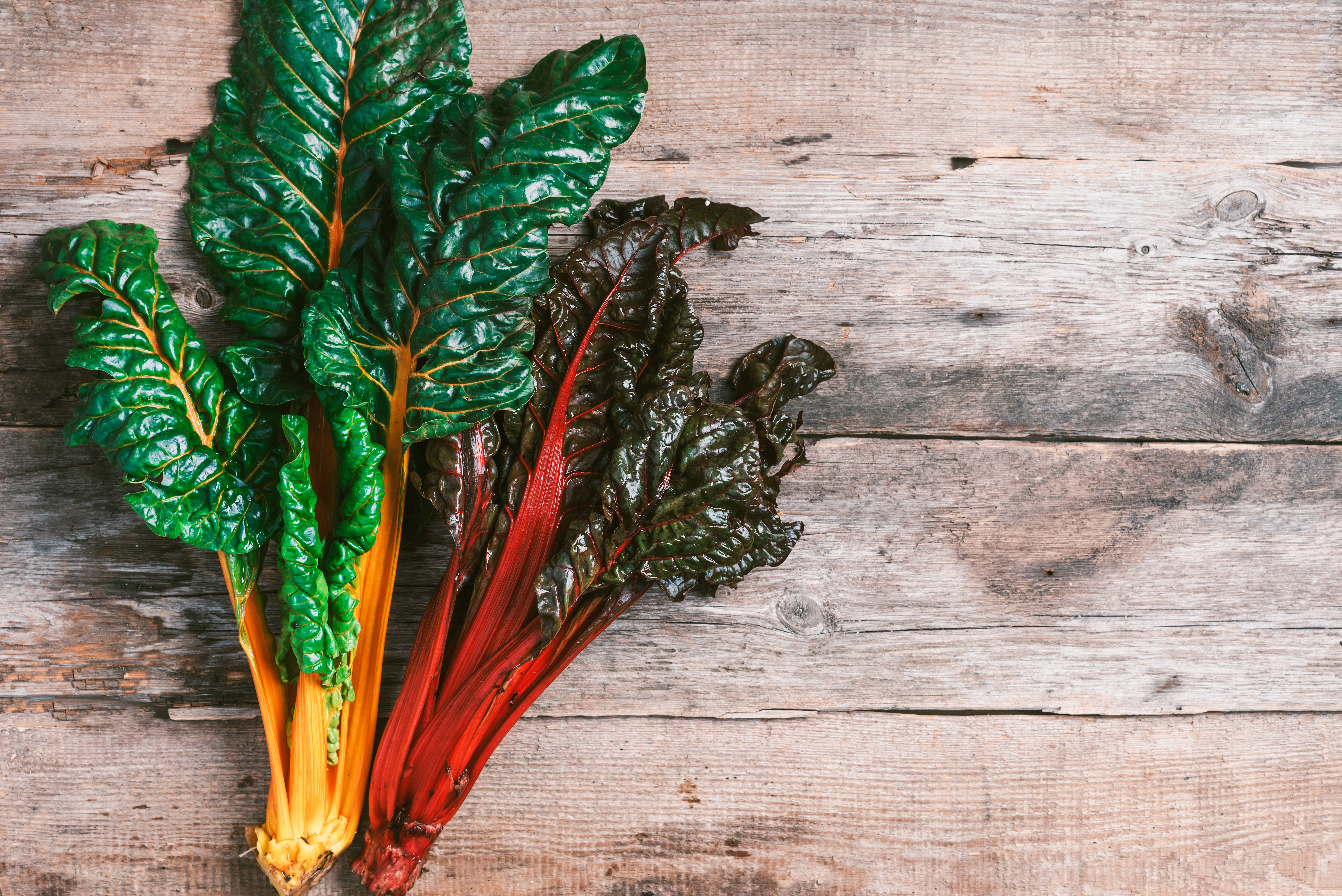
Leafy greens such as spinach, kale, and Swiss chard are nutritional powerhouses that offer a wide range of health benefits, including anti-inflammatory properties. These greens are rich in vitamins A, C, and K, as well as minerals like iron and calcium. They also contain antioxidants and polyphenols that help combat inflammation and oxidative stress. Incorporating leafy greens into your diet is easy; they can be added to salads, smoothies, soups, or sautéed as a side dish. By making leafy greens a staple in your meals, you’ll not only reduce inflammation but also boost your overall nutrient intake.
Nuts and Seeds: Tiny Packages of Health
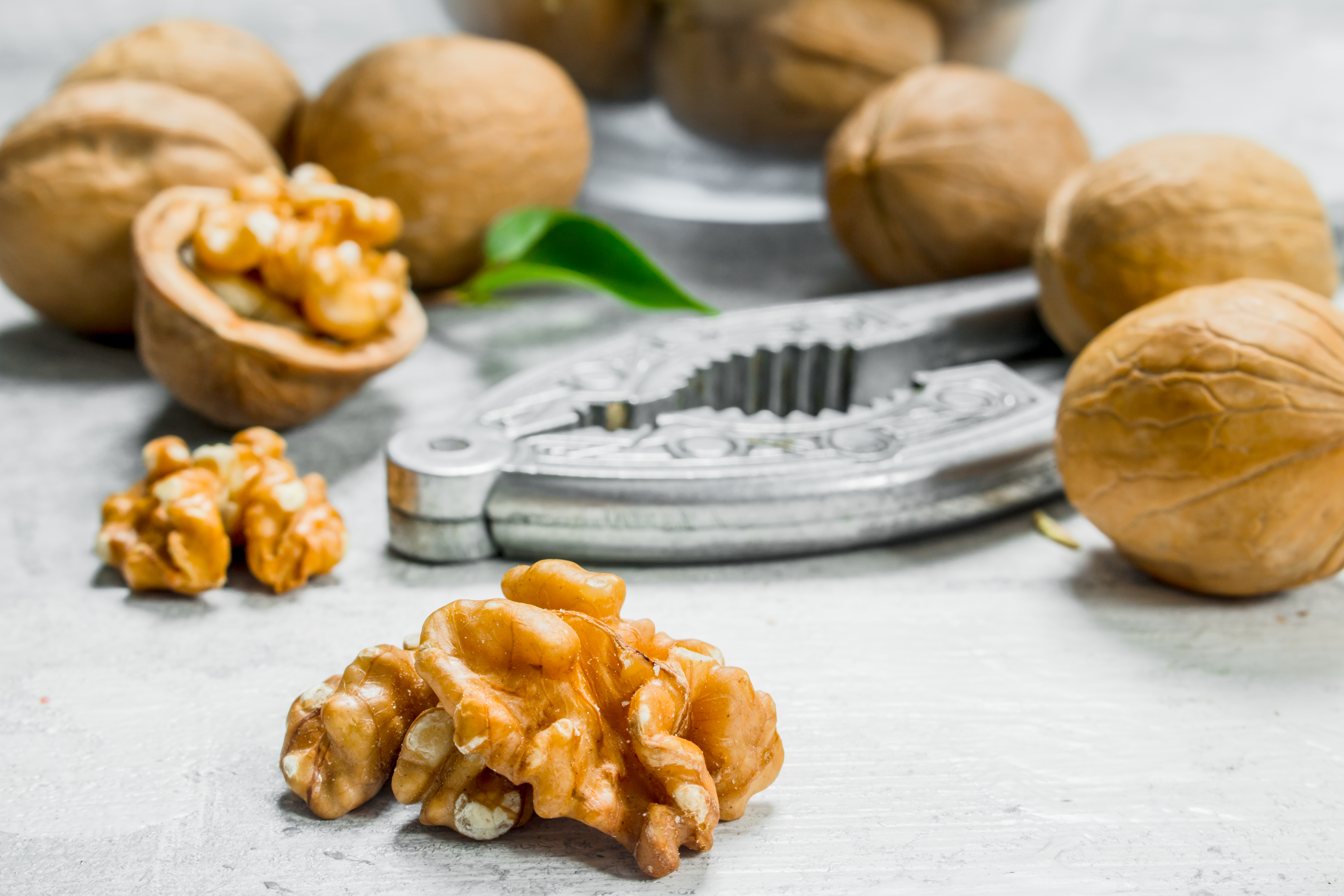
Nuts and seeds, including almonds, walnuts, flaxseeds, and chia seeds, are excellent sources of healthy fats, fiber, and plant-based protein. They also contain antioxidants and anti-inflammatory compounds such as omega-3 fatty acids and polyphenols. Regular consumption of nuts and seeds has been linked to reduced inflammation, improved heart health, and better weight management. These versatile foods can be enjoyed as a snack, sprinkled over salads or yogurt, or incorporated into baking recipes. Keep a variety of nuts and seeds on hand to add a crunchy, nutritious element to your meals.
Olive Oil: Liquid Gold for Health
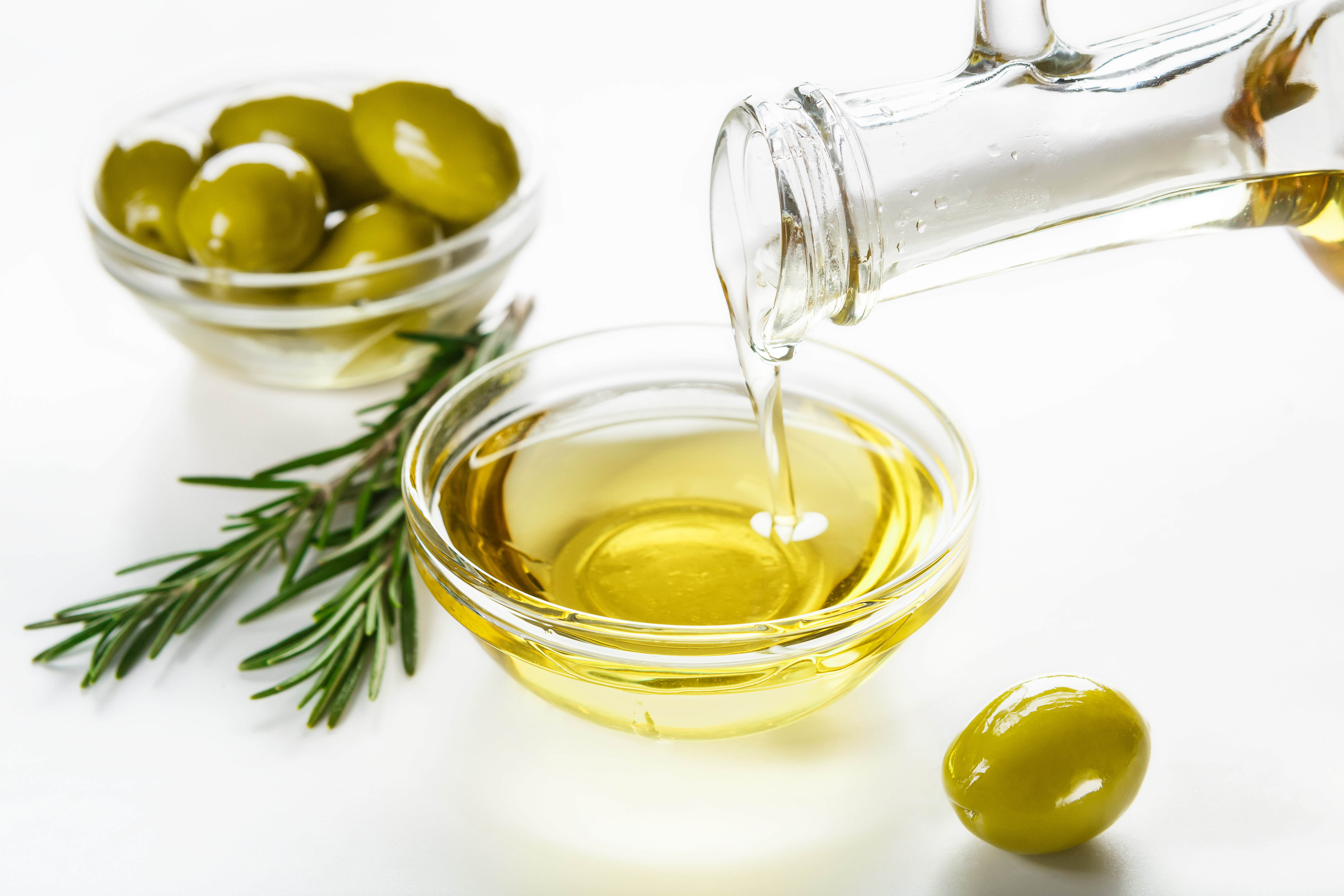
Olive oil, a staple of the Mediterranean diet, is renowned for its numerous health benefits, particularly its anti-inflammatory properties. Rich in monounsaturated fats and antioxidants like oleocanthal, olive oil can help reduce inflammation and lower the risk of chronic diseases. Studies have shown that oleocanthal acts similarly to ibuprofen, providing natural pain relief and reducing inflammation. To maximize the health benefits, choose extra virgin olive oil, which is less processed and retains more of its beneficial compounds. Use olive oil as a salad dressing, for sautéing vegetables, or as a finishing drizzle over cooked dishes to enhance flavor and promote health.
Ginger: The Zesty Healer
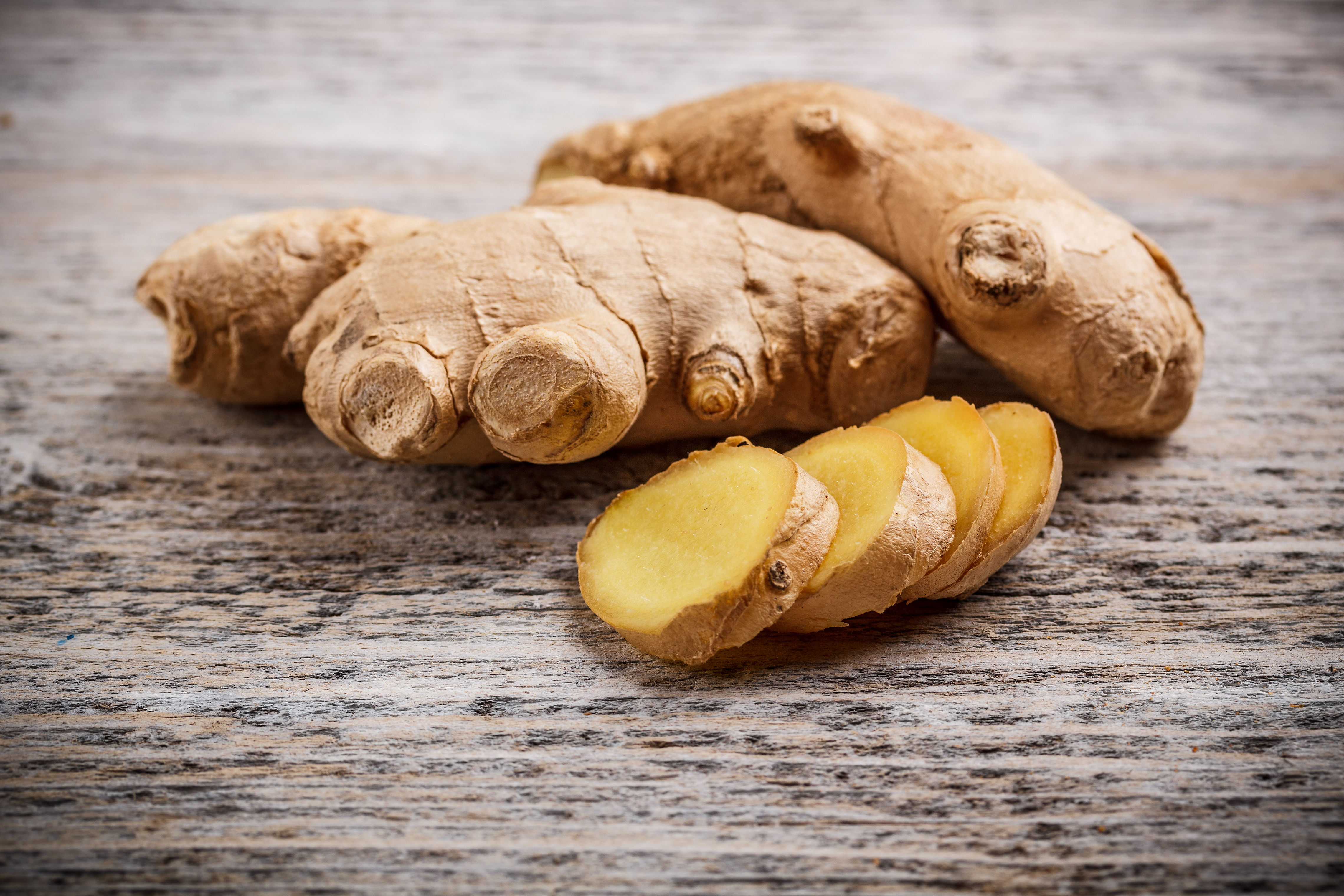
Ginger, a root with a spicy and aromatic flavor, has been used for centuries in traditional medicine for its anti-inflammatory and digestive benefits. The active compounds in ginger, such as gingerol, have been shown to inhibit inflammatory pathways and reduce pain, making it an effective natural remedy for conditions like osteoarthritis and menstrual discomfort. Ginger can be consumed fresh, dried, or in supplement form, and it pairs well with both savory and sweet dishes. Add ginger to stir-fries, soups, teas, or baked goods for a zesty kick and a boost to your anti-inflammatory efforts.
Garlic: The Flavorful Protector

Garlic, a pungent and flavorful herb, is not only a culinary staple but also a potent anti-inflammatory agent. Its active compounds, including allicin, have been shown to reduce inflammation and boost immune function. Garlic’s health benefits extend to reducing the risk of heart disease, lowering blood pressure, and improving cholesterol levels. Incorporating garlic into your diet is simple; it can be used to flavor a wide variety of dishes, from pasta sauces to roasted vegetables. For maximum benefits, crush or chop garlic and let it sit for a few minutes before cooking to activate its beneficial compounds.
Green Tea: The Ancient Elixir
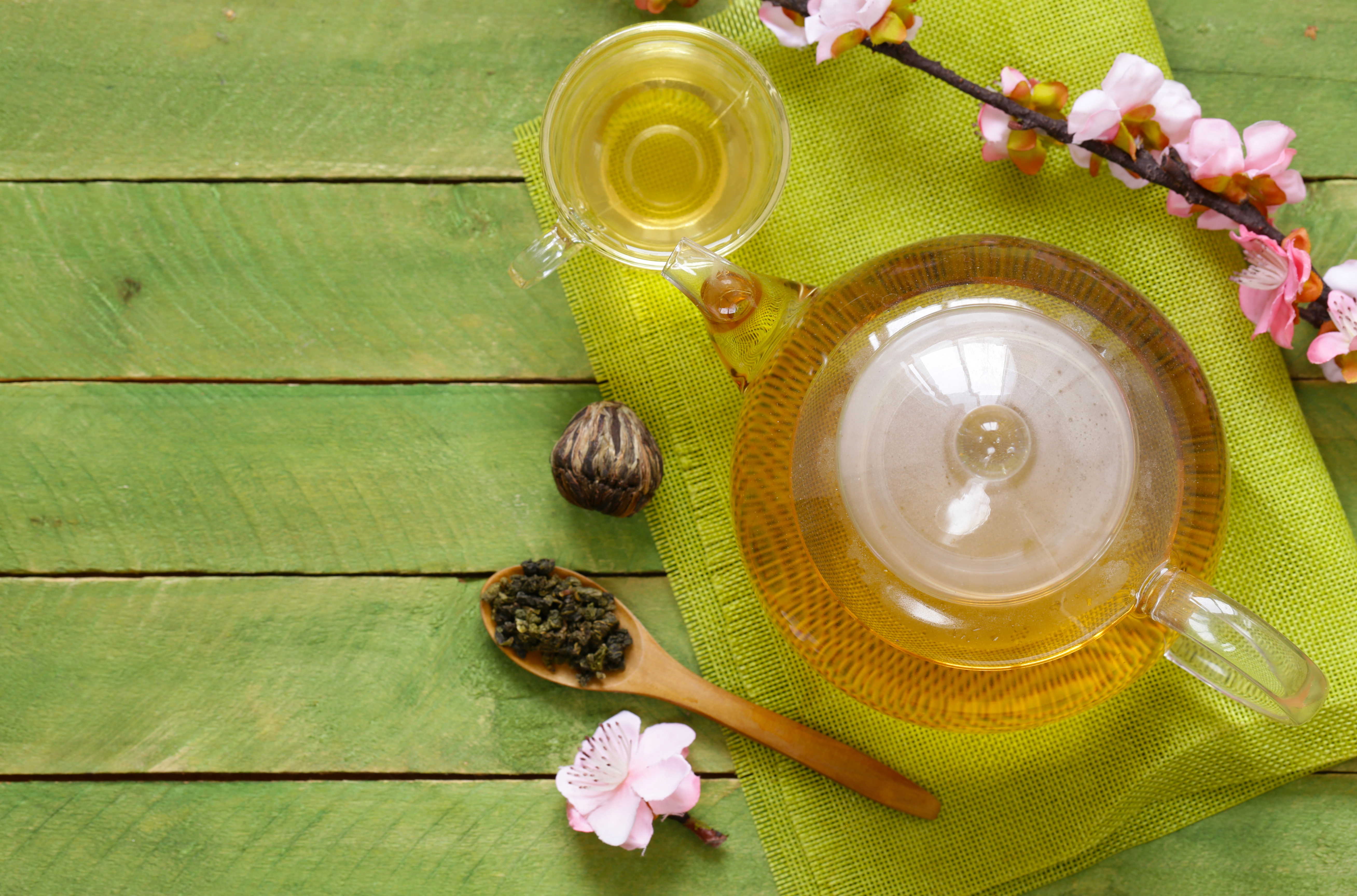
Green tea, a beverage with a rich history, is celebrated for its numerous health benefits, particularly its anti-inflammatory and antioxidant properties. Rich in catechins, especially epigallocatechin gallate (EGCG), green tea helps reduce inflammation and protect against cellular damage. Regular consumption of green tea is associated with a lower risk of chronic diseases, including heart disease and certain cancers. Enjoy green tea hot or iced, and consider adding a squeeze of lemon to enhance its flavor and health benefits. By incorporating green tea into your daily routine, you can support your body’s natural defenses and promote overall well-being.
Tomatoes: The Juicy Anti-Inflammatory
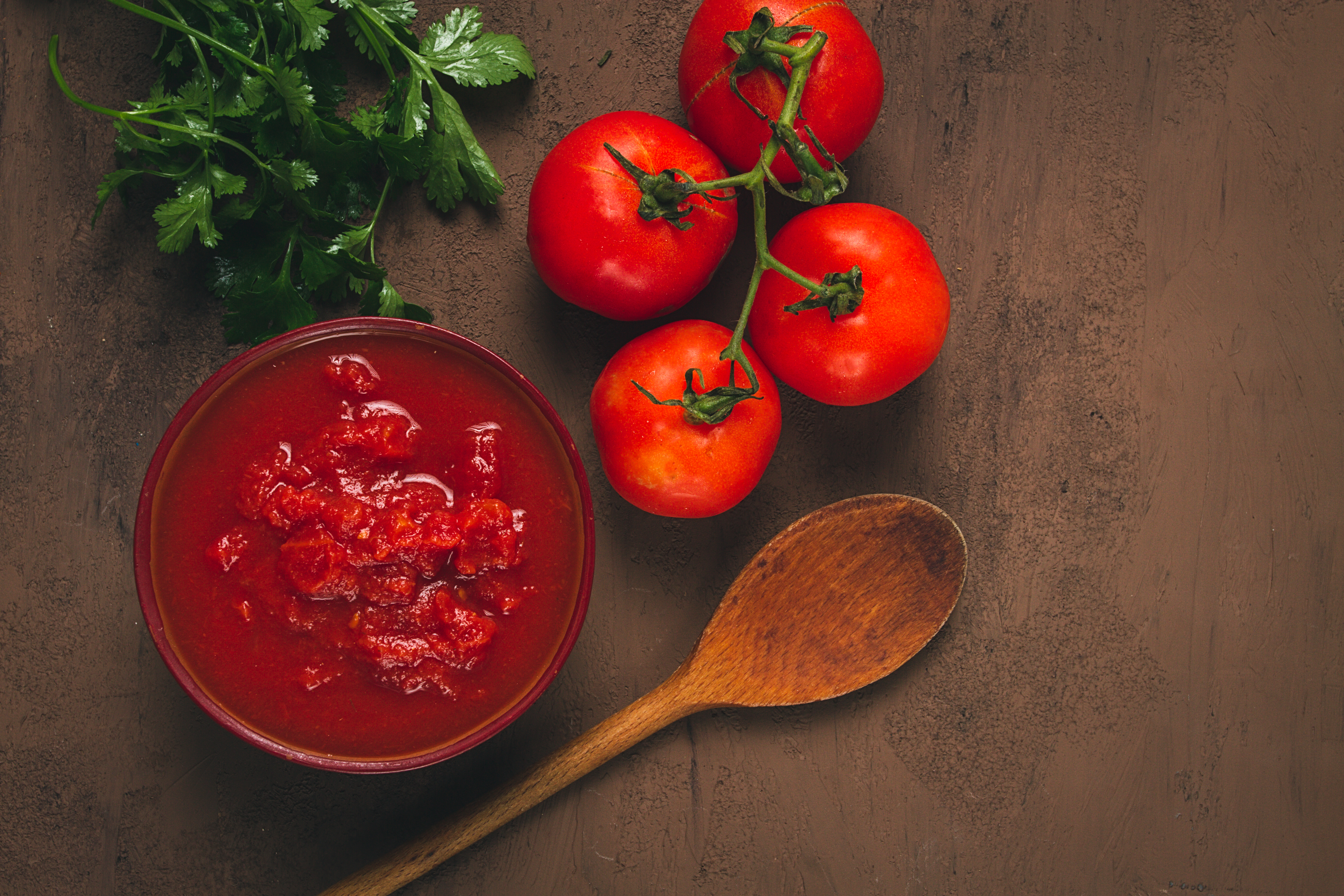
Tomatoes are a rich source of lycopene, a powerful antioxidant known for its anti-inflammatory properties. Lycopene has been shown to reduce inflammation and lower the risk of chronic diseases such as heart disease and cancer. Cooking tomatoes, such as in sauces or soups, increases the bioavailability of lycopene, making it easier for your body to absorb. In addition to lycopene, tomatoes are also high in vitamin C and potassium, contributing to their health-promoting effects. Incorporate tomatoes into your meals by adding them to salads, sandwiches, or pasta dishes for a flavorful and nutritious boost.
Whole Grains: The Fiber-Rich Allies
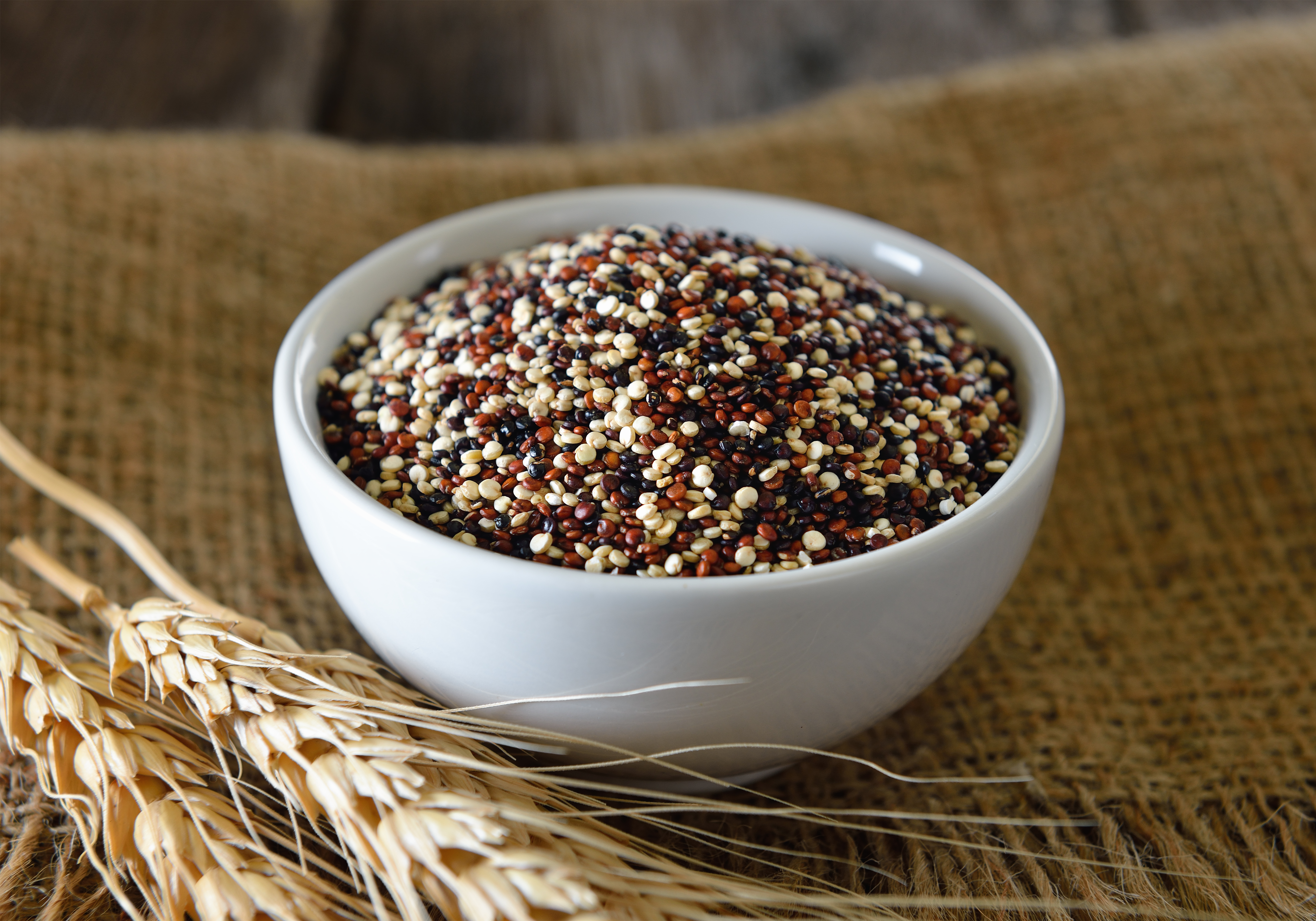
Whole grains, including brown rice, quinoa, oats, and barley, are excellent sources of fiber, vitamins, and minerals. Unlike refined grains, whole grains retain their bran and germ, providing more nutrients and health benefits. The fiber in whole grains helps regulate digestion and reduce inflammation by promoting a healthy gut microbiome. Consuming whole grains is associated with a lower risk of chronic diseases such as heart disease, type 2 diabetes, and certain cancers. Make whole grains a staple in your diet by choosing whole-grain bread, pasta, and cereals, and experimenting with different grains in your cooking.
Avocados: The Creamy Superfood
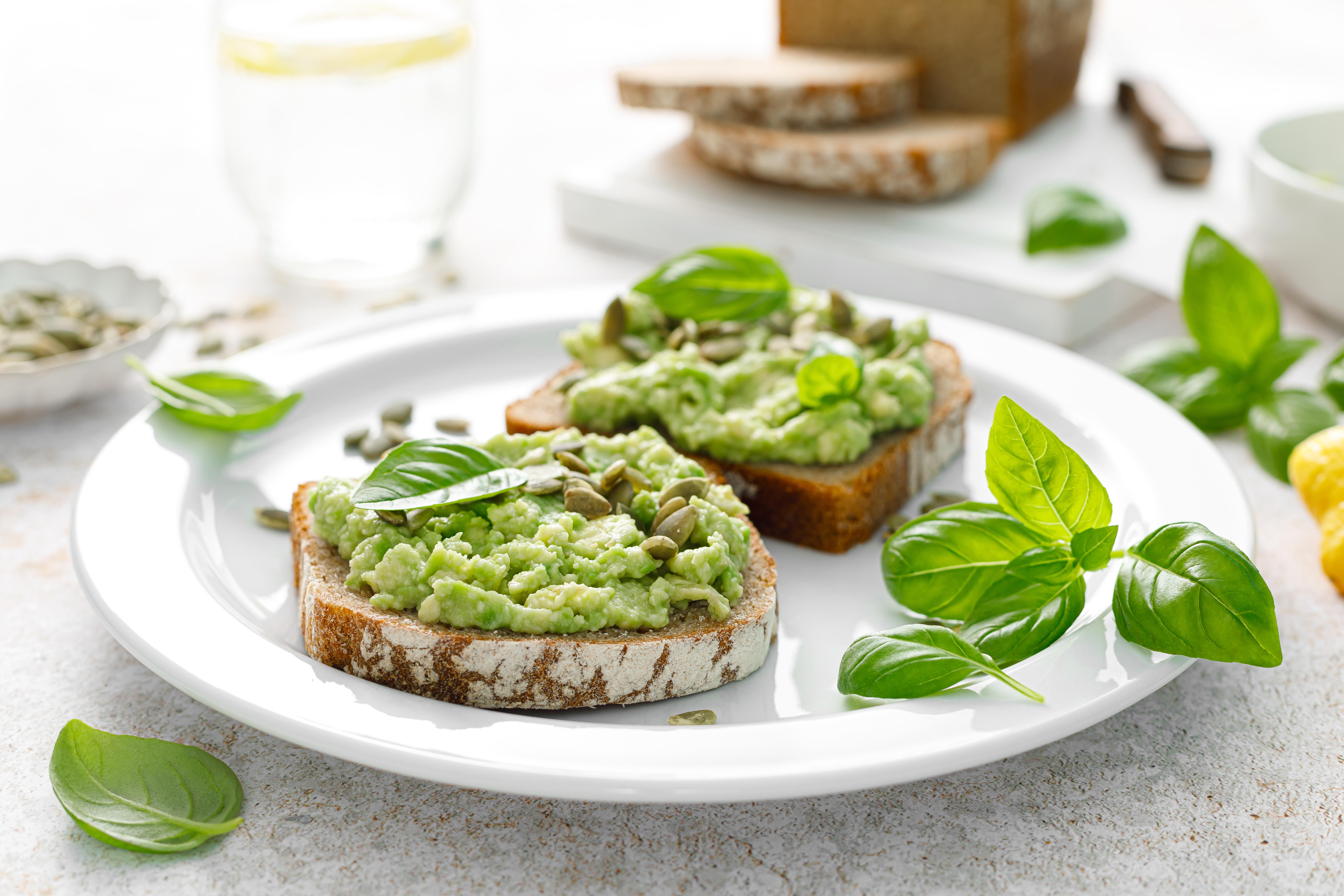
Avocados are a unique fruit, rich in healthy monounsaturated fats, fiber, and antioxidants. They contain anti-inflammatory compounds such as phytosterols and carotenoids, which help reduce inflammation and promote heart health. Avocados are also a good source of potassium, which helps balance sodium levels and maintain healthy blood pressure. Enjoy avocados in a variety of ways, such as in salads, sandwiches, or as a creamy topping for toast. Their versatility and creamy texture make them a delicious and nutritious addition to any diet, supporting your anti-inflammatory efforts and overall health.
Dark Chocolate: The Sweet Indulgence

Dark chocolate, with a cocoa content of 70% or higher, is not only a delicious treat but also a source of powerful antioxidants known as flavonoids. These compounds have been shown to reduce inflammation, improve heart health, and enhance brain function. When consumed in moderation, dark chocolate can be a part of a healthy diet, providing both pleasure and health benefits. Choose high-quality dark chocolate with minimal added sugar, and enjoy it as an occasional indulgence. Whether eaten on its own or used in baking, dark chocolate offers a sweet way to support your anti-inflammatory goals.
Beets: The Vibrant Detoxifiers
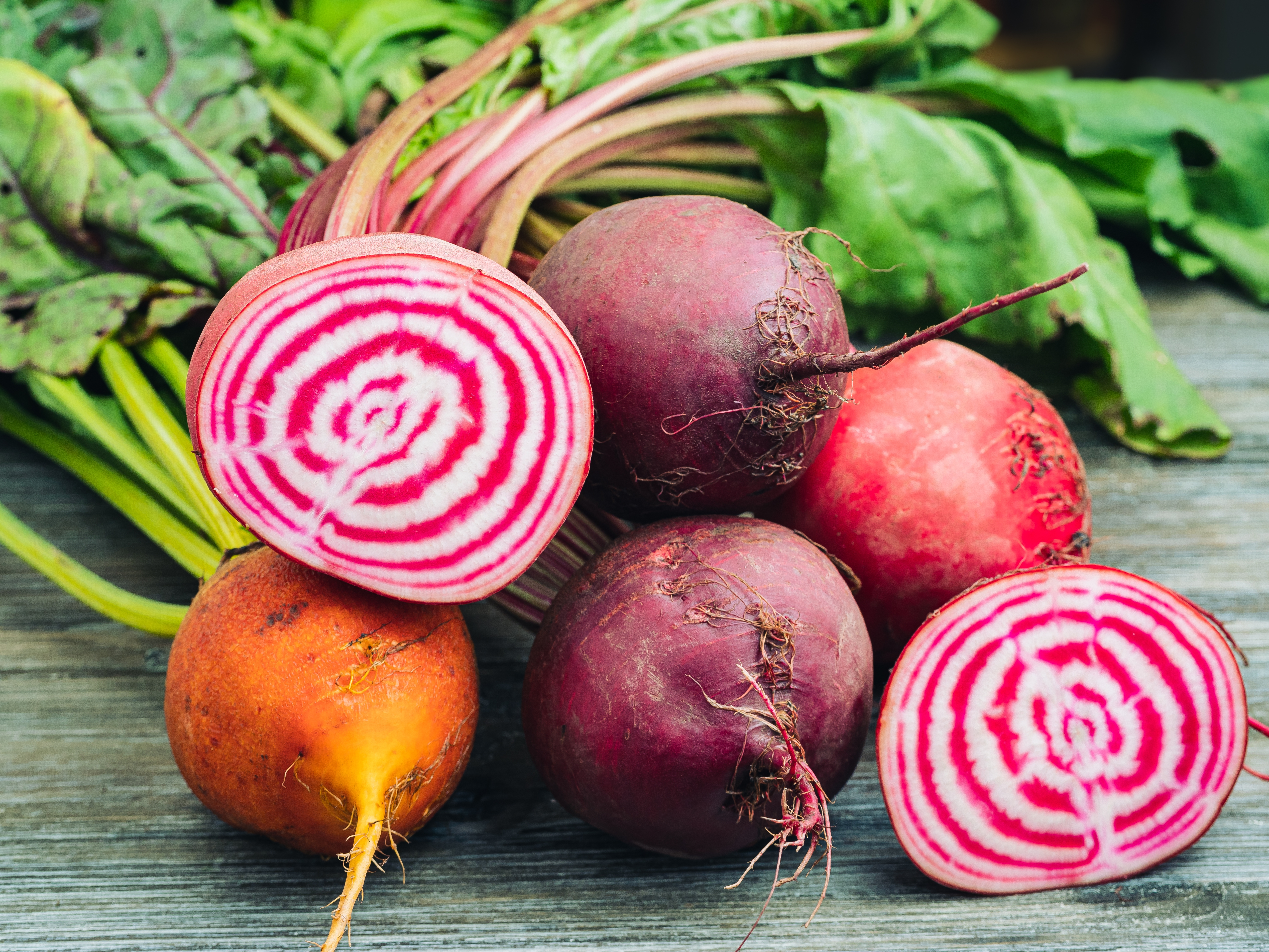
Beets, with their striking deep-red color, are a powerhouse of anti-inflammatory and detoxifying nutrients. They are rich in betalains, natural compounds known to reduce inflammation and oxidative stress, helping to protect against chronic diseases like heart disease and certain cancers. Beets also support liver health by aiding the body’s natural detoxification processes. Their high nitrate content improves blood flow and reduces blood pressure, promoting cardiovascular health. Enjoy beets roasted, in salads, or blended into smoothies for a vibrant and nutritious boost to your meals, making them a versatile addition to your anti-inflammatory diet.
Crafting a Healthier Future

Incorporating these 14 powerful anti-inflammatory superfoods into your diet is a proactive step towards transforming your health. By choosing foods rich in antioxidants, healthy fats, and essential nutrients, you can help reduce inflammation and lower the risk of chronic diseases. As you build your shopping list, remember that variety is key; each of these superfoods offers unique benefits that work together to support your body’s natural defenses. Embrace the journey towards better health by experimenting with new recipes and flavors, and enjoy the positive changes that come with nourishing your body with these anti-inflammatory champions. With each meal, you’re not just fueling your body but also investing in a healthier, more vibrant future.